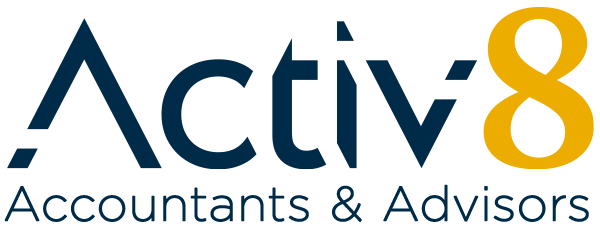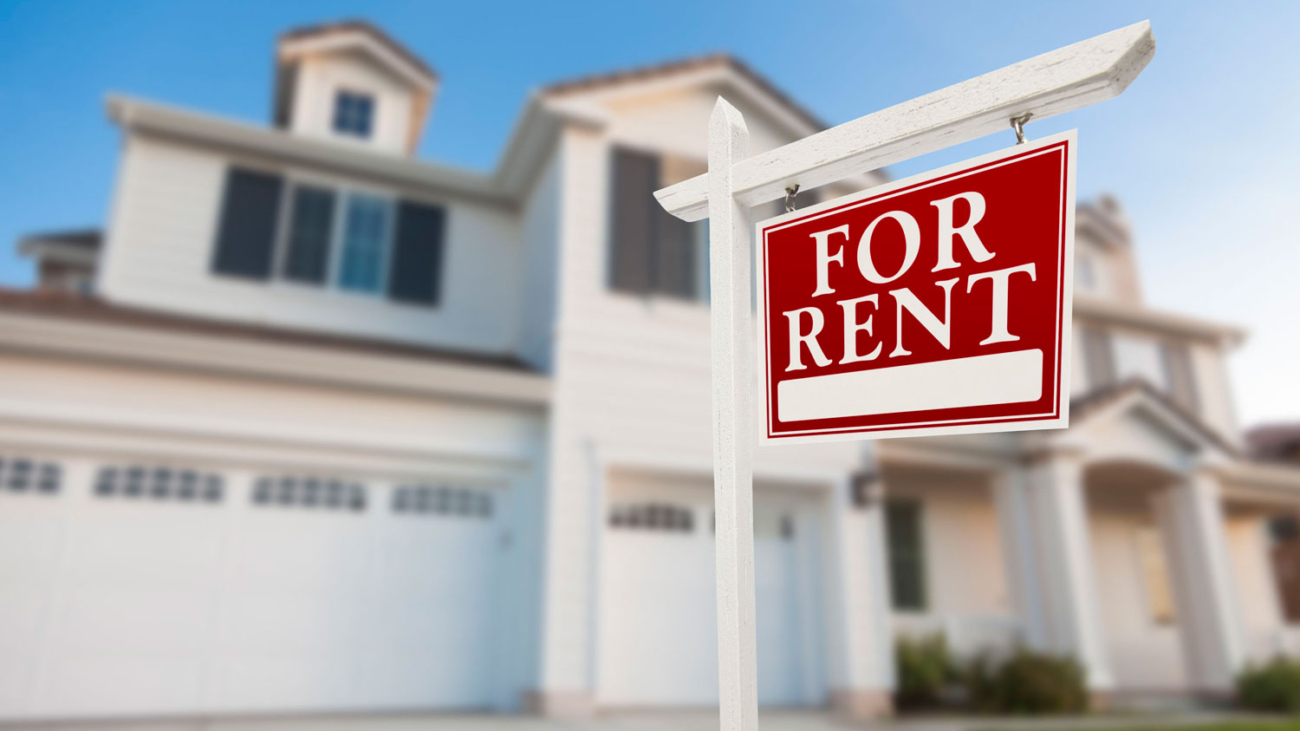In these times of seemingly ever-increasing costs, improving cash flow is crucial for the financial health of a business. Here are some strategies to help you do that:
- Invoice Promptly: Send out invoices as soon as goods or services are delivered. Consider offering early payment incentives to encourage faster payments.
- Follow up on Payments: Establish a system for following up on overdue payments. This might involve sending reminders, making phone calls, or even offering payment plans.
- Manage Expenses: Analyse your expenses and cut any unnecessary costs. Look for opportunities to negotiate better terms with suppliers.
- Inventory Management: Avoid overstocking inventory, as it ties up cash. Use just-in-time inventory practices when possible.
- Tighten Credit Policies: Be cautious with extending credit to customers. Screen new customers for creditworthiness and set clear credit terms.
- Reduce Operating Costs: Evaluate your fixed and variable costs. Look for ways to reduce expenses without sacrificing quality or service.
- Increase Sales: Focus on marketing and sales efforts to boost revenue. Consider diversifying your product or service offerings to attract more customers.
- Improve Cash Reserves: Build up cash reserves during periods of strong cash flow to cushion against lean times.
- Negotiate with Suppliers: Negotiate favourable payment terms with suppliers. Extended payment terms can provide some breathing room.
- Consider Financing: Explore financing options such as business loans or lines of credit to cover short-term cash flow gaps.
- Monitor Cash Flow: Keep a close eye on your cash flow through regular financial reporting. This will help you spot issues early and take corrective action.
- Forecast Cash Flow: Create cash flow forecasts to anticipate future needs and plan accordingly.
- Streamline Operations: Look for ways to make your business processes more efficient, which can reduce costs and improve cash flow.
- Offer Discounts for Early Payment: Consider offering discounts to customers who pay their invoices early to incentivise prompt payments.
- Debt Management: Manage your existing debt wisely, ensuring that interest payments and principal repayments fit comfortably within your cash flow.
A list like this can be a bit overwhelming so just pick one or two to start off with. Focus on those for the next month or so and see how you go. Then pick another strategy and build from there.
Remember that improving cash flow often requires a combination of strategies tailored to your specific business needs and circumstances. It’s essential to regularly review your financial statements and adjust your approach as needed to maintain healthy cash flow.
A crucial part of the equation is having accurate and up-to-date financials. None of these will work if you are flying in the dark. That’s where we come in. Activ8 can do the number crunching so you can focus on your business. No more losing sleep over the books. Give us a call on (07) 3367 3366.



